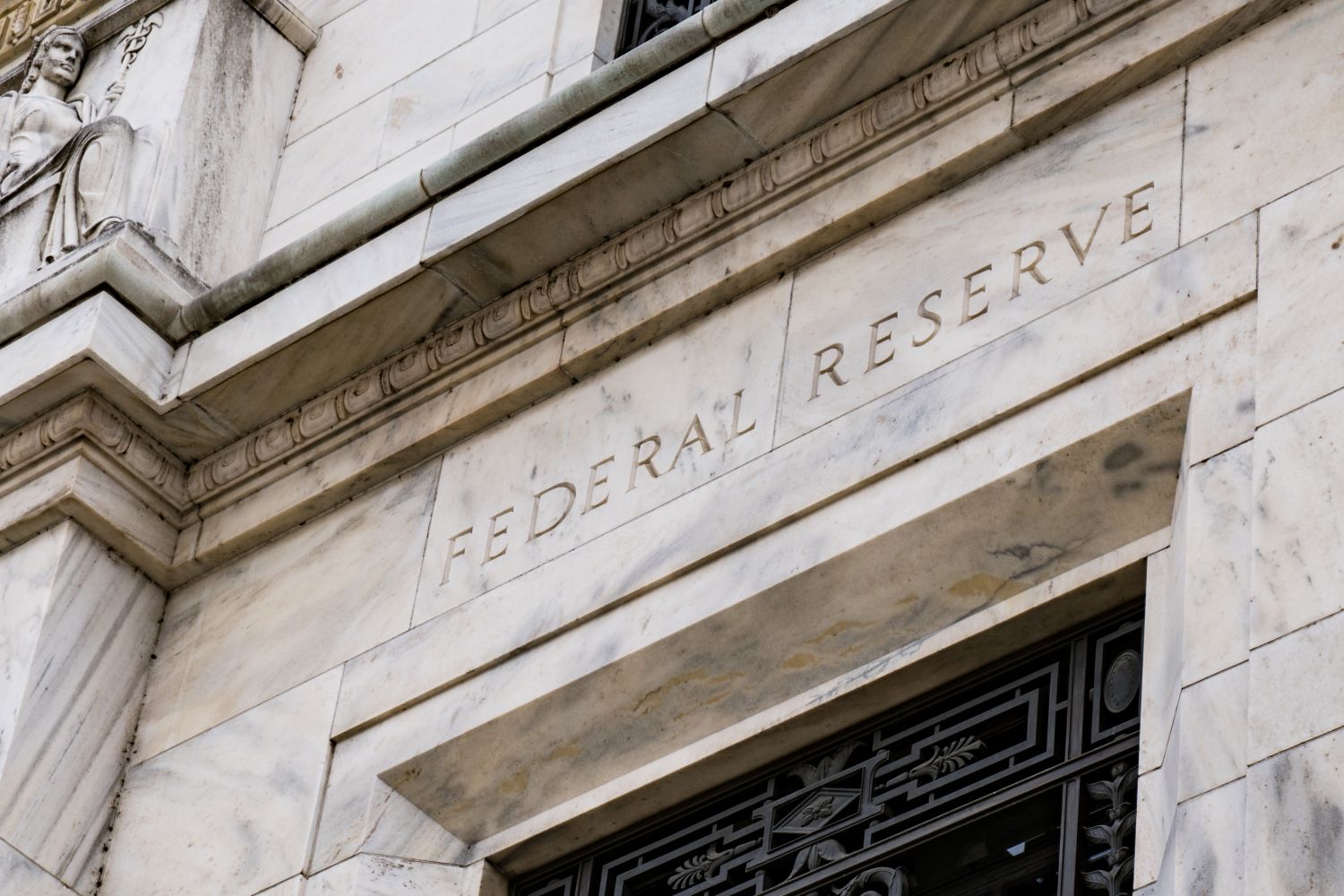Maintaining a strong economy is one of the roles of the U.S. government. This is an important objective since the economic environment can affect the quality of life of the country’s citizens and inhabitants. Promoting economic growth, keeping inflation in check and curbing inequality are the pillars of the government’s economic agenda. Monetary policy is one tactic that the government utilizes to keep the economy healthy.
What is monetary policy?
The nation’s central bank, the U.S. Federal Reserve, plays an important role in promoting the government’s economic objectives. The Federal Reserve’s set of financial tools that it uses to influence the macroeconomic factors in the country are known as monetary policy. The actions taken by the Federal Reserve can increase or decrease the money supply circulating throughout the economy.
However, the Federal Reserve is not the only governmental agency that takes monetary policy actions. In fact, it is the U.S. Treasury Department that actually creates money that keeps the economy going. The Treasury also collects tax revenue and allocates funds in accordance with the government budget. Also, the Treasury issues government bonds with varying maturity time frames. Additionally, the Treasury Department advises the President on economic matters of all kinds.
How the Federal Reserve affects the money supply
The Federal Reserve can enact monetary policy through the purchasing and selling of various types of U.S. Treasury bonds, mortgage-backed securities, and various other types of financial securities. These monetary tools are known as open market operations (OMO) and are aimed at avoiding inflation while also promoting consistent economic growth. An economy with too much money supply can become overstimulated, resulting in high inflation. On the other hand, stagnant economic growth may require more monetary stimulus to put the economy on the right track.
The Federal Reserve and interest rates
The Federal Reserve is tasked with adjusting interbank interest rates in accordance with changing economic conditions. The interbank interest rate is the benchmark interest rate for banks to loan money to each other. Moving the interbank interest rate up and down will affect all other interest rates charged for loans throughout the rest of the economy. This can include mortgage rates and credit cards as well as various other types of loans.
Higher interest rates slow down spending which in turn reduces inflationary effects. On the other hand, reducing interest rates will encourage borrowing and more spending which can stimulate economic growth.
Monetary policy and investors
Government actions around monetary policy can have a material impact on the macroeconomic environment. This will impact valuations of all types of different investment assets in varying ways. It is a good idea to be aware of how different monetary policy actions will affect certain types of assets in your investment portfolio. This will allow you to make adjustments to your portfolio to potentially maximize on favorable economic conditions and also help minimize risk when economic conditions are not so great. Consulting with a professional with expertise on how financial markets work can help.

